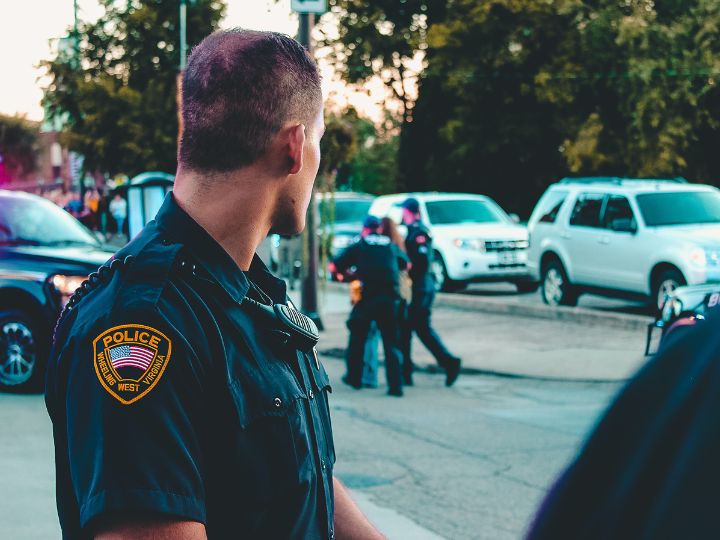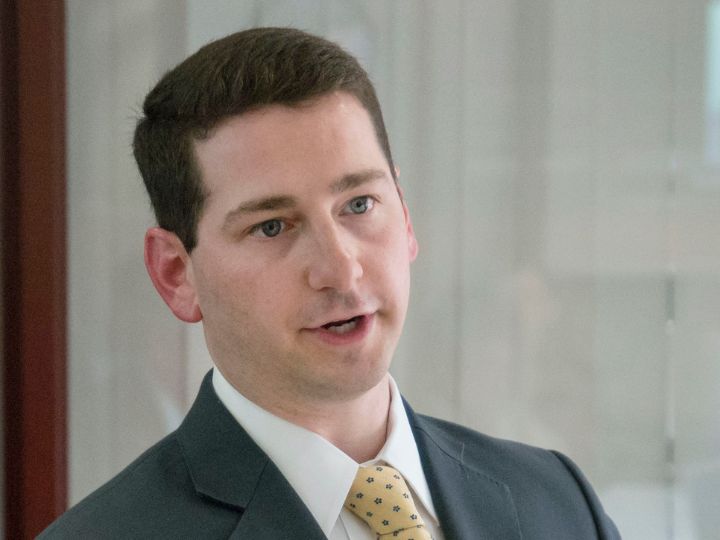

While the U.S. Department of Justice recently updated its policy requiring federal officers to intervene if colleagues are using excessive force, Zachary D. Kaufman, an associate professor of law and political science and co-director of the Criminal Justice Institute at the University of Houston Law Center, argues that this “necessary, overdue initiative... doesn’t go far enough.”
In a forthcoming law review article on police bystanderism titled “Police Policing Police," Kaufman states that the “police killings of George Floyd and at least 1,930 other Black Americans since 2015 amplified a racial reckoning and intensified demands for meaningful, overdue police reform.”
The DOJ policy, which takes effect July 19, is the first time in 18 years that the federal use-of-force policy has been updated. However, as Kaufman emphasized in a recent op-ed in the St. Louis Post-Dispatch, the directive falls short in multiple ways. Among other things, it applies only to federal law enforcement, not the employees of the more the 18,000 state and local police departments across the United States.
Many high-profile cases of misuse of police force have involved such non-federal officers. Through his research, Kaufman found that more than half of U.S. states have no law mandating an officer’s duty to intervene. In the appendix to that article, Kaufman presents a model statute that legislatures could enact or use as a basis for strengthening their existing laws.
“I propose that Congress and all state legislatures enact criminal laws mandating police peer intervention,” Kaufman writes. “Introducing criminal liability for inaction could prod officers to stop their peers’ serious misconduct and promote accountability for those officers who remain bystanders.”
Another deficiency of the DOJ policy, Kaufman argues, is that it is less effective than a law would be. Kaufman notes that the Minneapolis Police Department had an officer duty to intervene policy in place when three police officers stood by while fellow officer Derek Chauvin killed George Floyd.
“We need an external check on police through criminal prosecution and punishment,” Kaufman argues. “Given the scourge of police misuse of force in the United States, a legally enforceable officer duty to intervene should be universal.”
Kaufman’s scholarly research on bystanders and upstanders earned support from the University of Houston’s Provost's 50-in-5 Award in 2019 and the Small Grants Program in 2022. He is writing a series of articles, essays, and op-eds about bystanders and upstanders that will culminate in his next book, tentatively titled “The Law of Politics of Bystanders and Upstanders,” under contract with Cambridge University Press.
Story by Bonnie Buffaloe